Confronting Misinformation
How many of you have jumped on the web, google searched your condition, symptoms, etc. Then spent the next few hours reading about how you probably have the worst diagnosis and likely dying soon. Finally after being totally scared out of your mind, you call your best friend for reassurance. They calm you down and then get you to set up an appointment with your healthcare professional. I term this “The Freak-Out Cycle.”
Now granted, I'm one of those healthcare providers but before I became one, I would totally FREAK MYSELF OUT! Why do we do this to ourselves?!? Is it because the internet is so easily accessible? Is it a trust issue with our doctors? Do we just all want knowledge? One survey from 2011 estimated that 8 in 10 Internet users go online for health info, making it the third most popular activity after email and using a search engine. (1)
In my medical training, I was thoroughly taught how to navigate through this information overload, properly evaluate and then only after careful consideration, eventually diagnose. I get SO frustrated with friends and family who instead of seeing their doctor, get online, go through The Freak-Out Cycle then call me to calm them down. I usually end up saying, “Sorry, but I’m the one with the diploma. Stop reading the internet.”
I’m all about self-education. Let me say that again, I’M ALL ABOUT SELF EDUCATION but it needs to be done right. When you start searching the web willy-nilly, not visiting creditable sources and really don’t know what you are searching for, you will, more times than not, end up in The Freak-Out Cycle.
So let me help. The following are what I feel to be very creditable sites that I myself look at and send patients to daily. Their articles are fact and research based. Their writers almost always tend to be peer reviewed and board certified. They present what is “standard of care” in the medical world. In a few words, I trust them.
www.familydoctor.org sponsored by AAFP (American Academy of Family Practice). These folks board-certify many family medicine doctors and are the leading authority for everything Family Medicine.
www.acog.org Patients sponsored by the ACOG (American Congress of Obstetrics and Gynecology). If you have an OB/Gyn, they are mostly likely certified through this organization.
www.healthychildren.org sponsored by AAP (American Academy of Pediatrics). All about kids!
www.healthinaging.org sponsored by AGS (American Geriatrics Society) Education about medications, last wishes, age related conditions.
Government Health Agencies include www.cdc.gov, www.hhs.gov , www.fda.gov , www.health.gov, www.medicare.govand more
Disease specific Organization include:
American Cancer Society at www.cancer.org
American Diabetes Association at www.diabetes.org
American Heart Association at www.americanheart.org
My hope is that you leave educated and pass this along to someone else who needs help.
Be Well!
(1)The Pew Internet and American Life Project. Health information is a popular pursuit online. Accessed at www.pewinternet.org/Reports/2011/HealthTopics/Part-1/59-of-adults.aspx on 7 July 2014.









